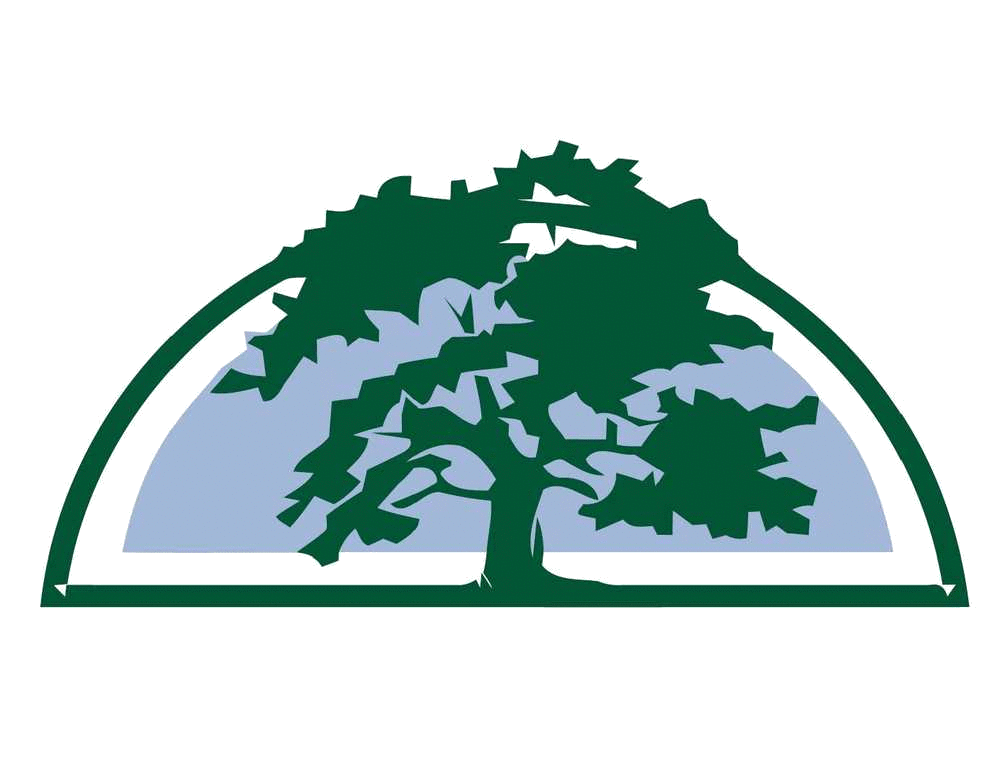The Milieu Center's Curriculum provides opportunities for self-advocacy, vocational training, community integration, life skills, recreation participation, and leisure-education.
BEHAVIOR INTERVENTION THERAPY -
APPLIED BEHAVIOR ANALYSIS [ABA]
The Behavior Program is a positive Applied Behavior Analysis based program wherein the same techniques that are taught to the clients in weekly classes for self-behavioral control are implemented within the entire day program for behavioral control. This includes identifying, analyzing and understanding antecedents, behaviors, and consequences, as well as creating and implementing plans to decrease/stop inappropriate behaviors (e.g. tantrums, aggression, not following directions, etc.) and start/increase appropriate skills/behaviors (e.g. waiting for reinforcement, appropriate hygiene, etc.). Weekly groups are facilitated by a Behavior Specialist and may focus on anger and behavior management.
RECREATION THERAPY
The Recreation Therapy program is based on the Leisure Ability Model which focuses on assisting the clients to develop the necessary skills and knowledge required to independently lead a successful, healthy, leisure lifestyle. Individual assessments and daily groups are facilitated by a Recreation Therapist. Groups topics may include leisure counseling, leisure development, passive leisure, active leisure and community outings..
ADULT EDUCATION
The goal of the Adult Education Program is to assist the client to increase their daily living educational functions (e.g. reading the newspaper, financial documentation, etc.) for a higher quality of life. Individual assessments and daily groups are conducted by an Adult Education Specialist. Group topics may include discussing individual goals and progress, math, reading, healthy living, relaxation, fine arts, Spanish, and self awareness.
COMMUNITY INTEGRATION
The goal of the Community Integration component is to teach clients how to interact safely and appropriately within the community and practice skills learned at The Milieu Center in real life community settings, while increasing exposure to new experiences. Individual assessments and daily groups are facilitated by a certified Recreation Therapist.
LIFE SKILLS
The focus of the Life Skills Program is to assist the client develop skills in areas such as cooking, bus mobility and public transportation, and activities of daily living. Weekly groups are facilitated by a Life Skills Specialist.
VOCATIONAL SKILLS
The goal of the Vocational Training component is to empower clients to prepare themselves and demonstrate the necessary skills required to transition to a Work Activity Program. For some clients, this includes an ultimate goal to continue on to competitive or supported employment. Group topics are based on ALTA Regional's goals and the United States Department of Labor, Employment and Training Administration's Secretary Commission on Achieving Necessary Skills (SCANS) and may be conducted at The Milieu Center or in the community.
Program Assistants
The Program Assistants are the first line of communication for the client during program hours. They help maintain the safety of the client and encourage the client to strive for their outlined goals and objectives. The Program Assistants also support the group leaders by emphasizing the goals of the particular group and encouraging client participation.
MUSIC THERAPY
Music groups are facilitated by a Music Therapist. The music therapy groups focus on music training, music education and music appreciation. Both the art and music groups assist the client to learn and practice new skills to utilize as positive leisure activities or coping skills.
PSYCHOLOGIST
The psychologist conducts individual testing and assessment, as well as offers weekly specialized one to one and/or group activities for high-risk individuals. The psychologist also assists with behavioral plans and The Milieu Center behavioral program.
REGISTERED NURSE
The Registered Nurse conducts weekly one to one or group activities that offer assistance in health care, use of community resources, and promotes independence and self advocacy (e.g. personal hygiene and safety, medication education, etc.). The Registered Nurse may also provide health assessments and consultation services to family or care providers.
LICENSED CLINICAL SOCIAL WORKER
The services of a Licensed Social Worker include weekly therapeutic one to one meetings and small group activities that address assessed specialized needs (e.g. chemical dependency, healthy relationships/boundaries, etc.). The Licensed Social Worker may also identify community resources for referral purposes, provide assistance to the client's family or care provider and provide consultation services.

